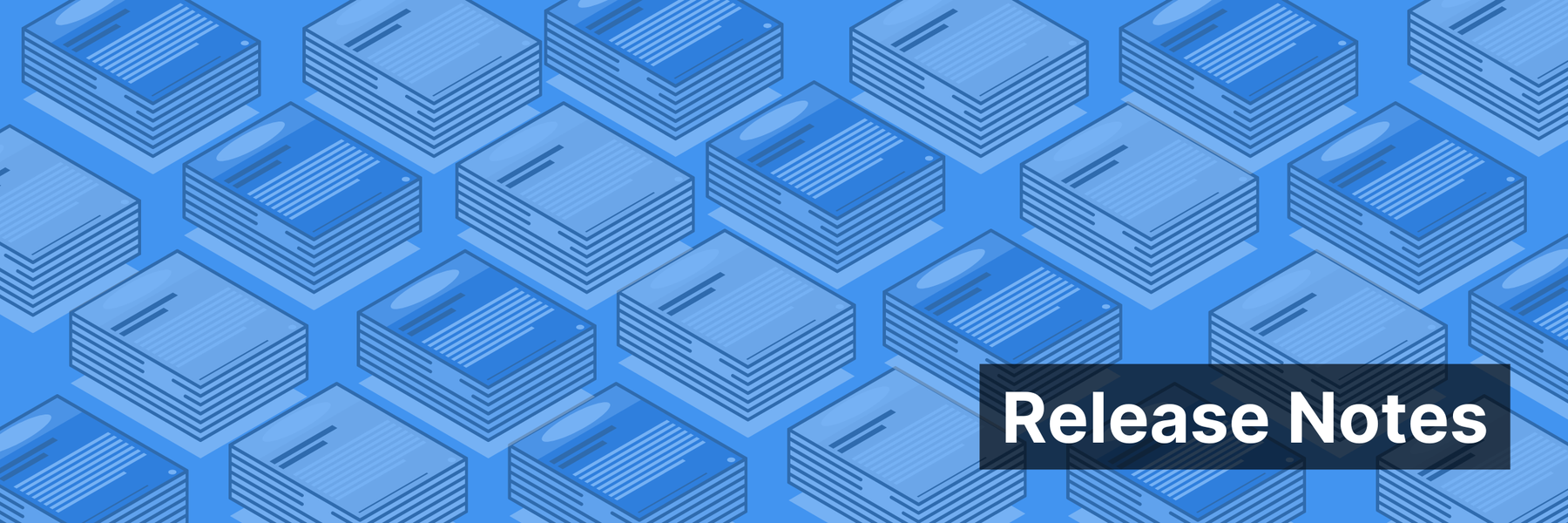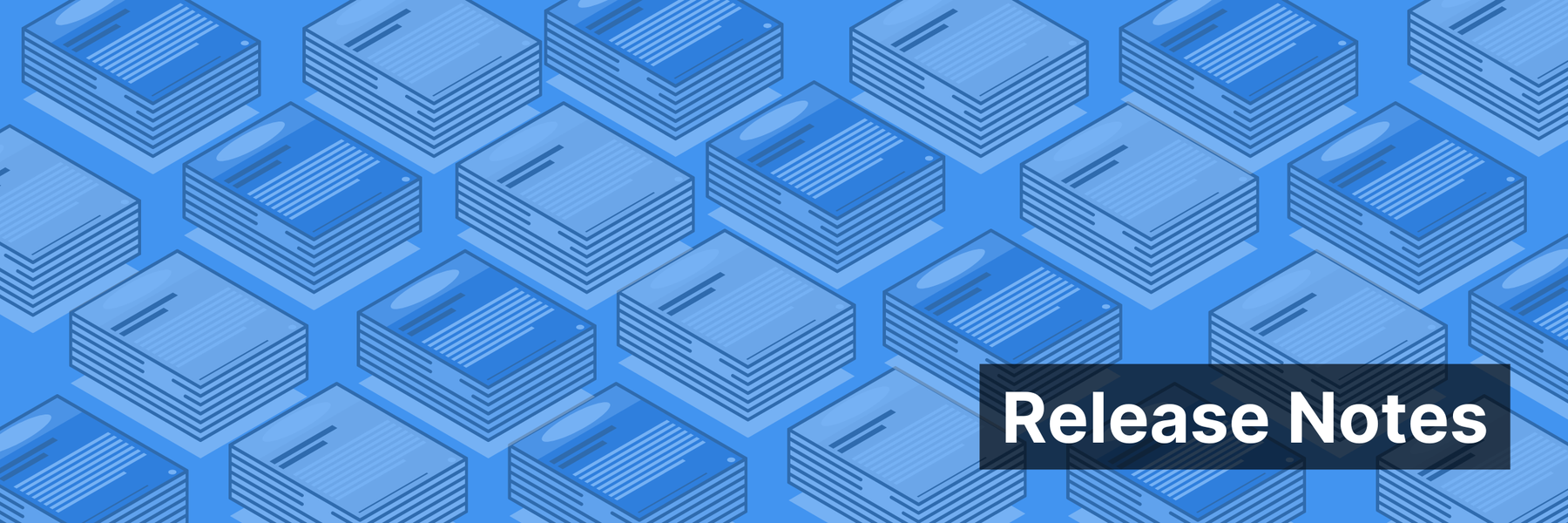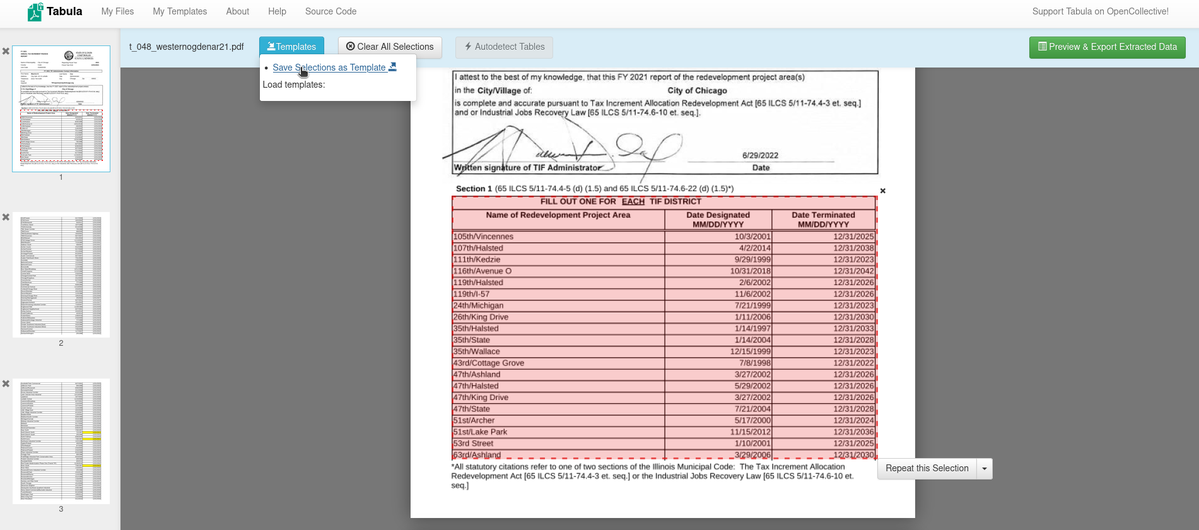Last week, we introduced the DocumentCloud Beta API, which allows a whole variety of powerful ways to programmatically upload, edit, and analyze PDFs. This week, we’re making it a little easier to get started with the Python DocumentCloud API wrapper.
For previous site improvements, check out all of MuckRock’s release notes, and if you’d like to get a list of site improvements every Tuesday — along with ways to help contribute to the site’s development yourself — subscribe to our newsletter.
What’s old is new again
Our goal with the DocumentCloud Beta API wrapper was simple: make it as easy to upgrade as possible if you’re currently using the DocumentCloud Python wrapper. There are some tweaks in terms of how authentication works, so it’s not exactly as easy as dropping in a new library, but we’ve made sure the update supports both Python 2 and Python 3 and uses the same functions as the legacy wrapper.
That said, if you want to check out everything that the API can offer, read up in the documentation about what it can do.
We’re grateful to the many contributors who contributed and maintained the original library over the years, including current torch carrier Ben Welsh. One fun bit of trivia we enjoyed: the original Python library for DocumentCloud was actually based off code samples Mitch wrote and published back in 2011, back when MuckRock was a DocumentCloud early adopter, particularly on the programmatic end of things.
We’re still working on updating the accompanying documentation as well as other DocumentCloud API wrappers, but if you’re ready to start playing with the new API, just get in touch and we’d love to get you added to the Beta alongside your current installation so you can begin kicking the tires.
Reporting bugs and submitting fixes
There are a number of ways to help us continue to improve the core MuckRock site experience. If you spot a bug or have a feature request, you can open an issue on GitHub.
If you do, please search open issues first to make sure it hasn’t already been reported. If it has been reported previously, please leave an additional comment letting us know it’s an issue for you, particularly if you can provide more details about when it crops up or what you think is causing the problem.
In addition to the new newsletter, we have a developer channel on the MuckRock Slack.
Image via Wikimedia Commons




